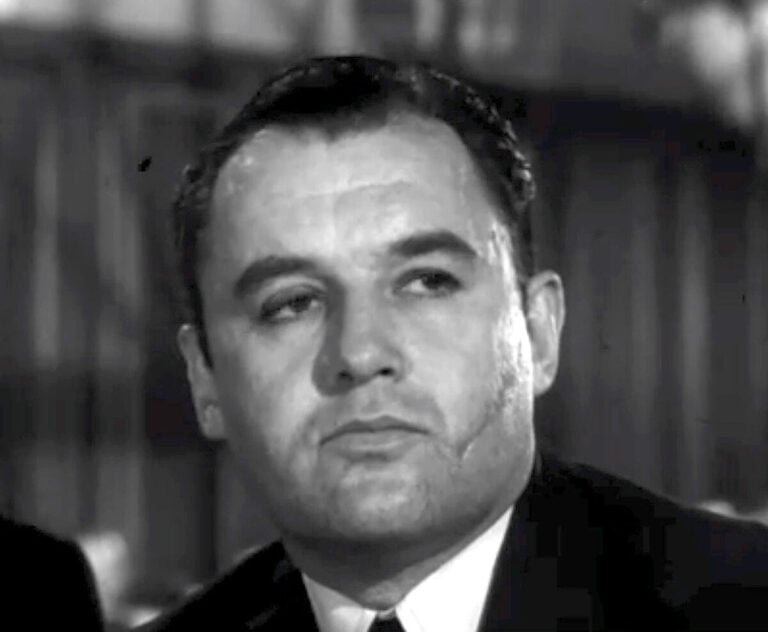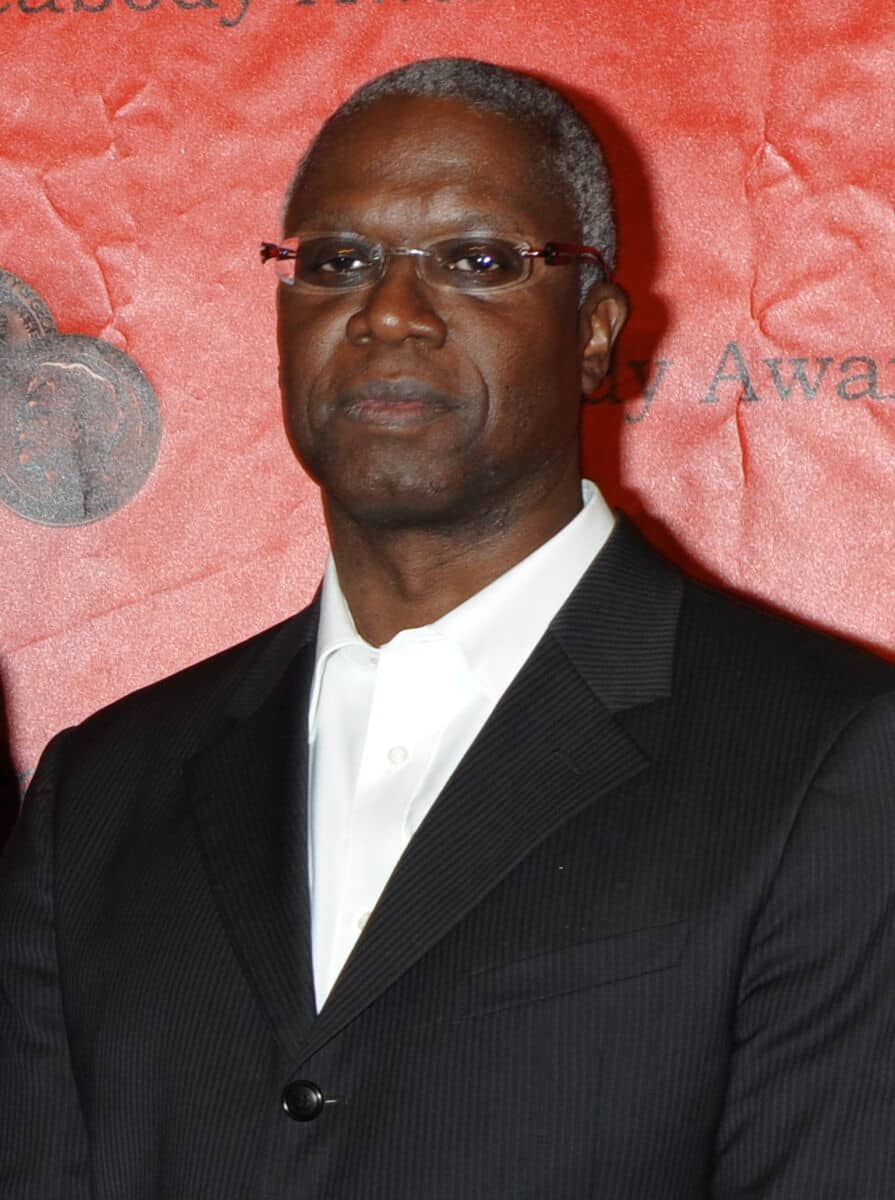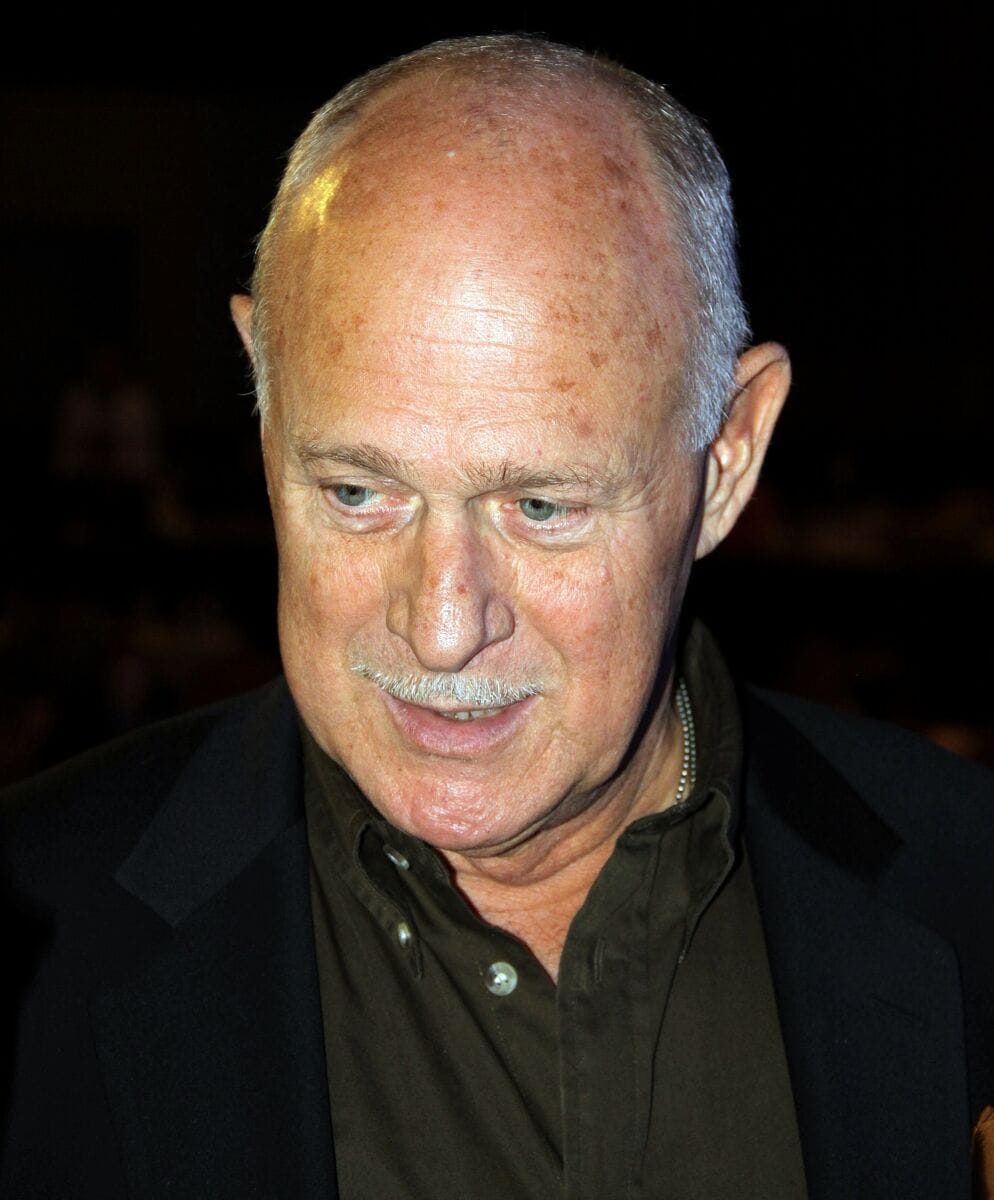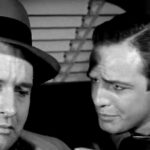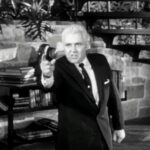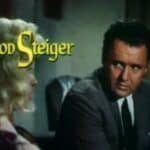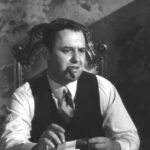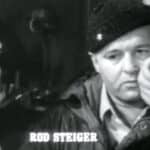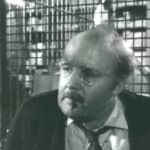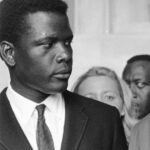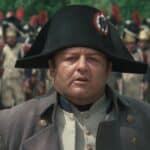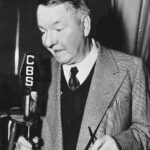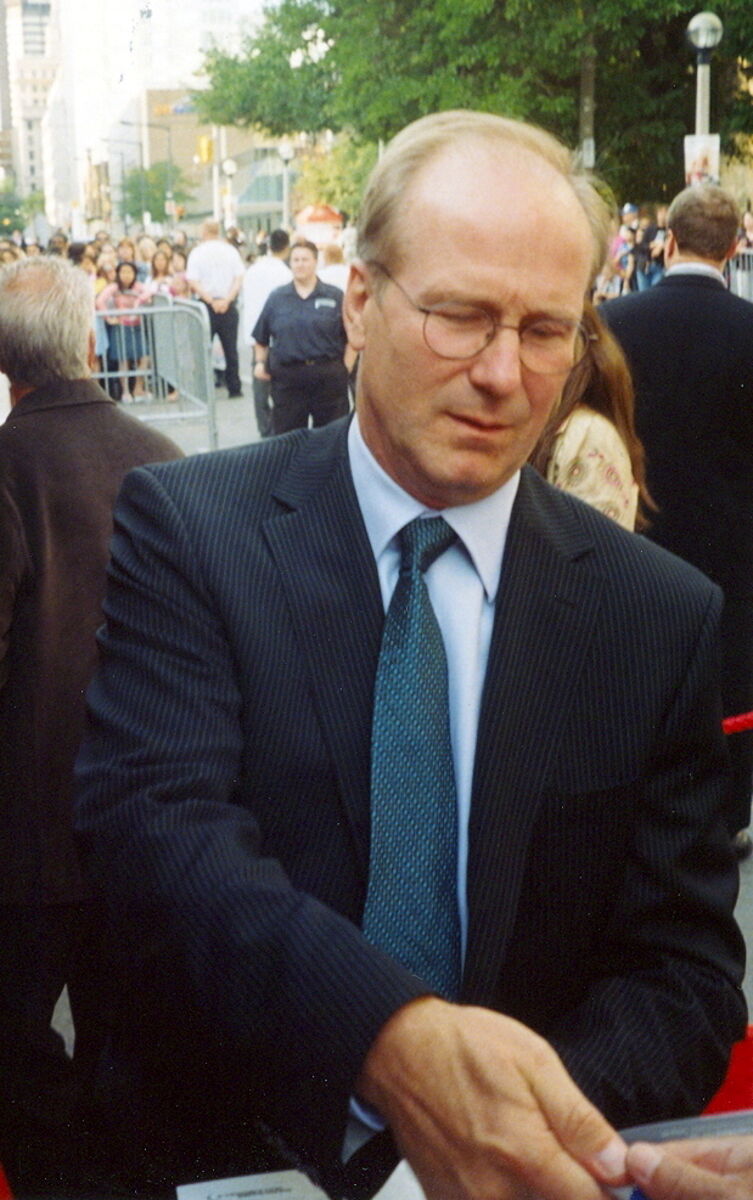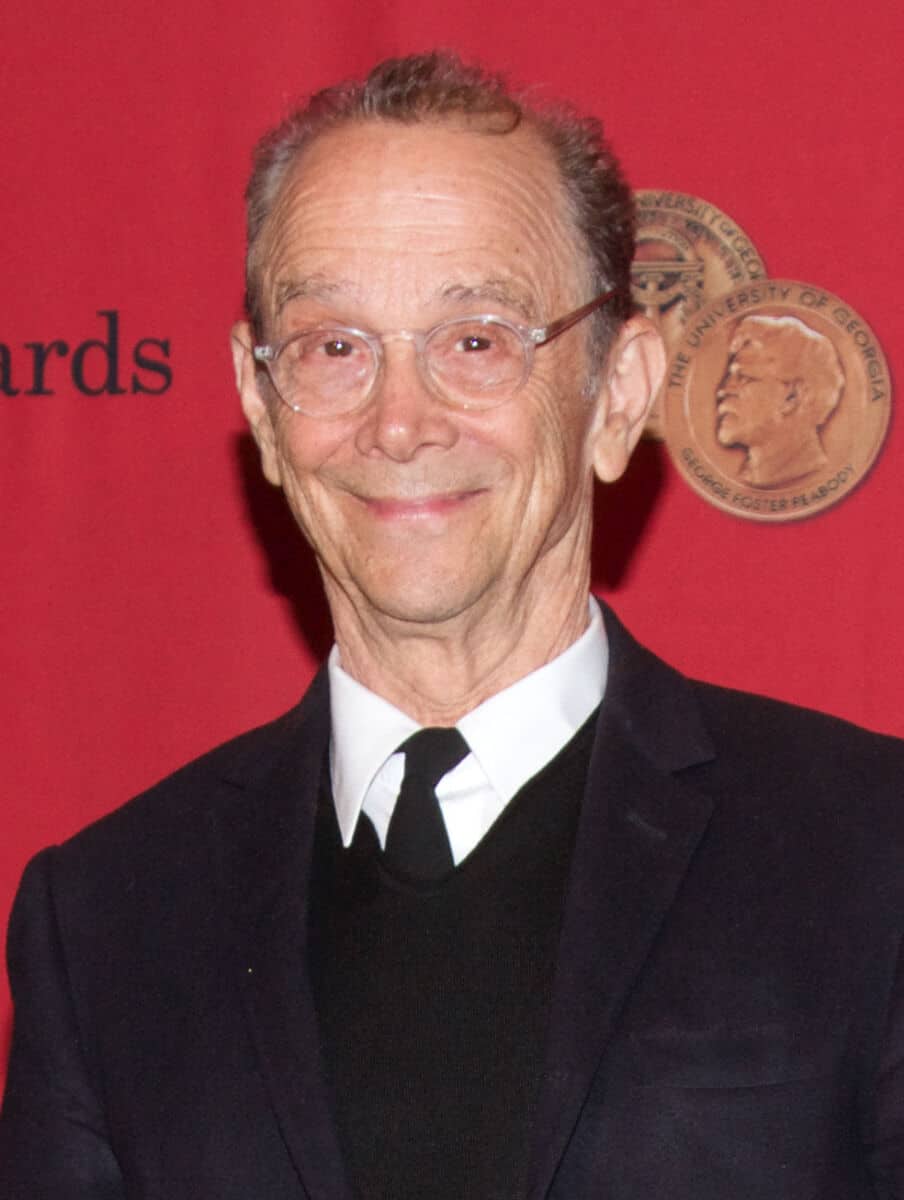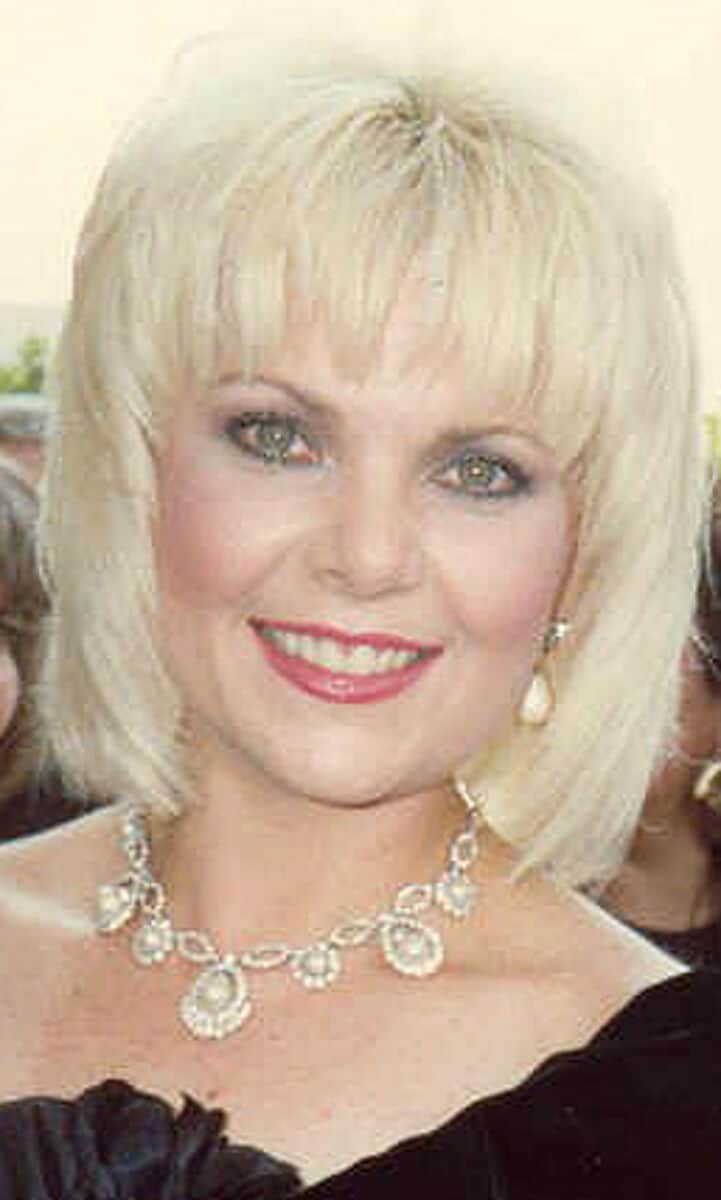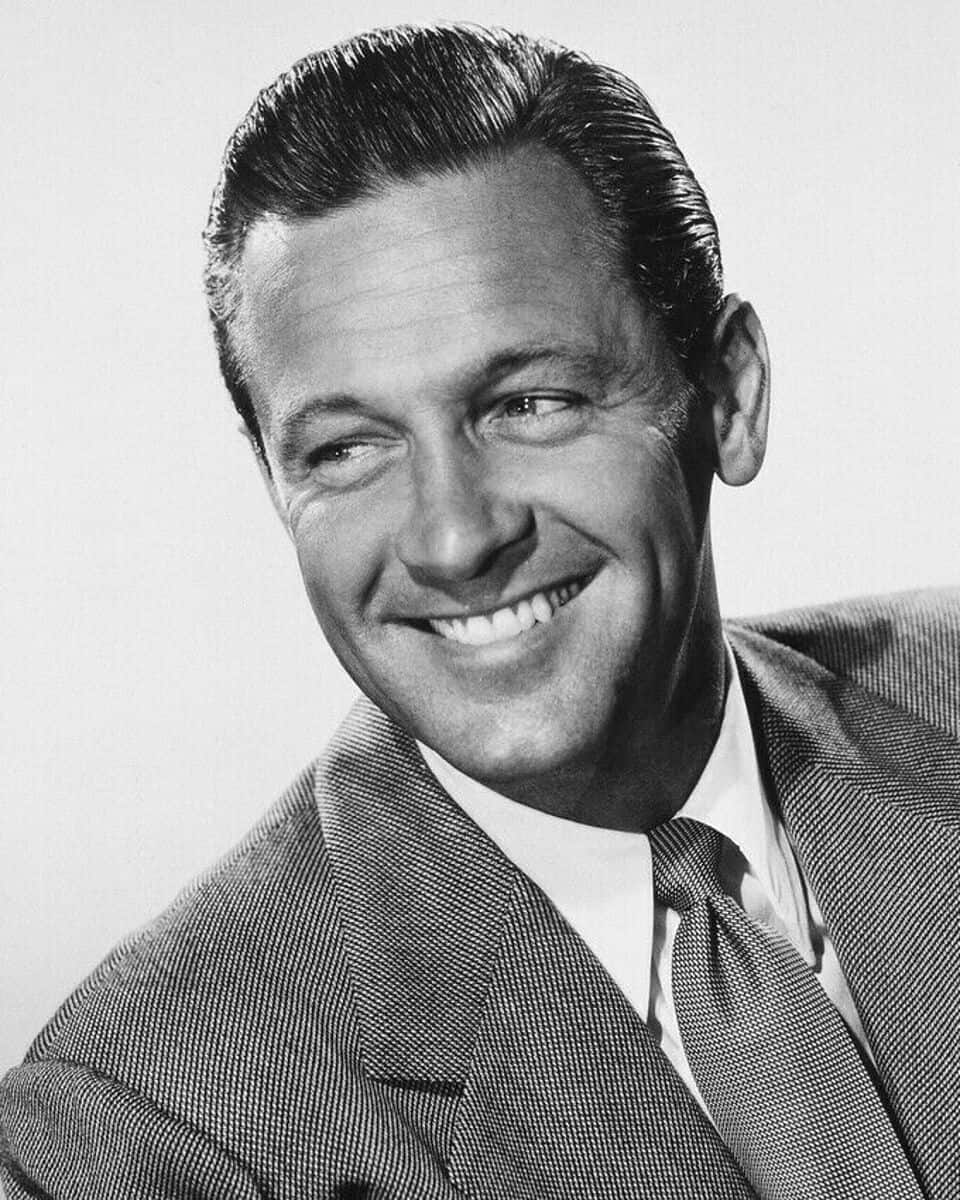Basic Information About Rod Steiger
| Category | Celebrities › Actors |
|---|---|
| Professions | Actor |
| Net worth | $8,000,000 |
| Date of birth | 1925-04-14 |
| Place of birth | Westhampton |
| Date of death | 2002-07-09 (aged 77) |
| Nationality | United States of America |
| Curiosities and Trademarks | His chunky frame and serious-looking face Full-bodied, somewhat bombastic acting style Shaved head Deep dramatic voice |
| Spouse | Joan Benedict Steiger - (10 October 2000 - 9 July 2002) (his death) 3 February - Paula Lee Ellis ( 1986 - 1997) (divorced) (1 child) 21 April - Sharon Frances Donatt ( 1973 - 22 January 1980) (divorced) Claire Bloom - (19 September 1959 - 10 June 1969) (divorced) (1 child) Sally Gracie - (26 October 1952 - 26 January 1959) (divorced) |
| Gender | Male |
| Height | 5 ft 10 in (1.78 m) |
| Social Media | ↗︎ Wikipedia ↗︎ IMDb |
Famous Network of Actors with Similar Net Worth
What Movie Awards did Rod Steiger win?
 Oscar |
 Golden Globe |
 Golder Raspberry |
 BAFTA |
Other |
|---|---|---|---|---|
| 0 | 1 | 0 | 2 | 6 |
Rod Steiger awards
| Award Name | State | Movie / Series Name | Year |
|---|---|---|---|
| BAFTA Film Award - Best Foreign Actor | Winner | In the Heat of the Night | 1968 |
| KCFCC Award - Best Actor | Winner | In the Heat of the Night | 1967 |
| NSFC Award - Best Actor | Winner | In the Heat of the Night | 1968 |
| KCFCC Award - Best Actor | Winner | A Man for All Seasons | 1967 |
| NYFCC Award - Best Actor | Nominee | Cat Ballou | 1965 |
| Oscar - Best Actor in a Leading Role | Nominee | The Pawnbroker | 1966 |
| BAFTA Film Award - Best Foreign Actor | Winner | The Pawnbroker | 1967 |
| Golden Globe - Best Actor - Drama | Nominee | The Pawnbroker | 1966 |
| NYFCC Award - Best Actor | Nominee | The Pawnbroker | 1965 |
Rod Steiger roles
| Movie / Series | Role |
|---|---|
| In the Heat of the Night | Chief Bill Gillespie |
| Mars Attacks! | General Decker |
| Doctor Zhivago | Victor Komarovsky |
| The Specialist | Joe Leon |
| The Longest Day | Destroyer Commander |
| The Player | Rod Steiger |
| The Hurricane | Judge Sarokin |
| The January Man | Eamon Flynn |
| The Amityville Horror | Father Delaney |
| End of Days | Father Kovak |
| Giù la testa | Juan Miranda |
| I Am Not Your Negro | Gillespie (archive footage) |
| The Pawnbroker | Sol Nazerman |
| Lion of the Desert | Benito Mussolini |
| F.I.S.T | Senator Madison |
| Waterloo | Napoleon Bonaparte |
| The Simpsons | Captain Tenille 1 episode, 1998 |
| Columbo | Vincenzo Fortelli 1 episode, 1995 |
| Route 66 | Justin Lezama 1 episode, 1962 |
| The Dick Cavett Show | Self - Guest 1 episode, 1970 |
| The Oprah Winfrey Show | Self - Guest 1 episode, 1992 |
| The Critic | Rod Steiger 1 episode, 1994 |
| Ben Casey | Charles Dirkson 1 episode, 1962 |
| Late Night with Conan O'Brien | Self - Guest 1 episode, 1997 |
Rod Steiger's Movie/Shows Salary
| Movie / Series | Salary |
|---|---|
| The Pawnbroker (1964) | $25,000 |
| In the Heat of the Night (1967) | $150,000 |
| Waterloo (1970) | $1,000,000 |
| Giù la testa (1971) | $700,000 |
Rod Steiger's Quotes
- [on success] Successful people have control over the time in their life. A shoemaker who owns his own shop gets up one morning and says, "I'm not opening." That's a successful guy.
- [on Hollywood] A community of lonely people searching for even the most basic kind of stimulation in their otherwise mundane lives.
- Method acting is anything that gets you involved personally in the part, so that you can communicate in human terms with an audience. Despite all the obstacles, the American actor has changed the acting world.
- My career has been 65% virgin and 35% whore. I've refused roles many times because I'd have to lose my integrity, my dreams of doing something worthwhile with regard to character. That's the virgin part of me.
- I tell young actors today to join the Merchant Marines for a year, and I tell young women to volunteer in a hospital emergency ward if they can. You get to see different people, cultures, dress - it's a marvelous education for an actor.
Interesting Facts about Rod Steiger
- He was offered the title role in Patton (1970) but refused the role, saying, "I'm not going to glorify war." The role was then given to George C. Scott, who won the Oscar for the role. Steiger calls this refusal his "dumbest career move".
- He was awarded a Star on the Hollywood Walk of Fame at 7080 Hollywood Boulevard in Hollywood, California on April 10, 1997.
- He had a daughter with Claire Bloom, and a son with Paula Ellis.
- Received the Gift of Life Award after tirelessly speaking out against the social stigma against mental disease, from which he suffered for many years.
- His daughter, Anna Steiger, is an opera singer.
- He had an operatic voice; however, he had no ear for keeping in the same key, rendering his singing voice almost useless.
- He had always said that the favorite of all his films was The Pawnbroker (1964).
- Enjoyed playing historical figures.
- Is listed as the Centre of the Hollywood Universe by the University of Virginia's Oracle of Kevin Bacon. He can be linked to any other movie actor in the classic Kevin Bacon-game style in an average of 2.651 steps.
- Served in the United States Navy in the Pacific Ocean during World War II.
- Steiger, who originated the role of Marty in the eponymous television production The Philco Television Playhouse: Marty (1953), said that he turned down the role in the 1955 movie production as the Hill-Hecht-Lancaster Productions contract would have bound him for years. Harold Hecht and Burt Lancaster, on their part, said that they did not want to cast Steiger as they felt the public would not go for the same actor that they had seen for free on television.
- He told Robert Osborne during an interview on Turner Classic Movies that when he was in the United States Navy during World War II, he used to sing when it was his turn to stand watch on-board ship. The ship's captain, overhearing him one night, put a stop to his impromptu performances.
- After he played Jud Fry in Oklahoma! (1955), producer David O. Selznick wanted to sign him to a long-term contract and possibly star him in the lead of his proposed remake of Ernest Hemingway's "A Farewell to Arms" opposite David O. Selznick's wife, Jennifer Jones. "But I told him that I must have the right to choose my own mistakes", Steiger told his biographer, Tom Hutchinson. "His face fell - he couldn't believe anyone would refuse him. Neither could my agents!".
- Most of the solo shots of Steiger during the famous taxicab scene in On the Waterfront (1954) were done after Marlon Brando had left for the day. Brando had it in his contract that he could finish shooting before the normal quitting time so that he could make his daily session with his psychiatrist. Steiger was deeply hurt and annoyed at Brando's rudeness and lack of courtesy to a fellow actor, as it was customary, in a two-shot, for an actor in close-up to be fed his lines by the other actor or for the other actor to just be there so the first actor would have him him or her to play to. Steiger used his negative emotions to enhance his performance, and though he paid tribute to Brando as a great actor, he personally loathed him thereafter. Director Elia Kazan stood in for Brando in the back of the cab so Steiger would have someone to emote to.
- Shortly before his death, Steiger had undergone surgery for a (presumably malignant) gall bladder tumor.
- Campaigned vigorously for a role in The Godfather (1972), which began shooting in early 1971, three years after Steiger had reached the top of his craft, receiving the Academy Award for Best Actor his role as Sheriff Bill Gillespie in De Nacht van Inspecteur Tibbs (1967). Surprisingly, the role Steiger wanted was not the title role of Don Vito Corleone (eventually played by his On the Waterfront (1954) co-star Marlon Brando), but the role of Michael Corleone, the Don's youngest son. Paramount executives found his desire to be bizarre as he was much too old for the role and turned him down without even a screen-test.
- Won the role of Viktor Komarovsky in Doctor Zhivago (1965) only after two other actors turned the role down. After a month went by with Marlon Brando failing to respond to director David Lean's written inquiry into whether he wanted to play Komarovsky, Lean offered the role to James Mason, who was a generation older than Brando, because he did not want an actor who would overpower the character Yuri Zhivago (specifically, to show Zhivago up as a lover of Lara, who would be played by the young Julie Christie, which the charismatic Brando might have done, shifting the sympathy of the audience). Mason initially accepted the role, but eventually dropped out and Steiger was given the role.
- He was honored with being chosen as one of AFI's 50 stars of the second half of the 20th century.
- 1976: Fell into a deep depression after undergoing triple heart bypass surgery.
- Was not the first choice to play the role of Sheriff Bill Gillespie in the 1967 Best Picture Academy Award-winner De Nacht van Inspecteur Tibbs (1967), for which Steiger won the Best Actor Oscar. The role was first offered to George C. Scott, who accepted, according to producer Walter Mirisch's memoir "I Thought We Were Making Movies, Not History". Scott backed out when his wife Colleen Dewhurst wanted him to direct her in a play on Broadway. Ironically, Steiger later turned down the lead in Patton (1970) that went to Scott, which brought him his own Best Actor Oscar.
References & Fact Checks ✅
- 1/ Filename: west-side-high-newark-jeh-91wdo0m9.jpg
-
- Checked: ✅ Yes (2023-07-02 15:51:20)
- Source URL: https://en.wikipedia.org/wiki/File:West_Side_High_Newark_jeh.jpg
- Original Source:
Own work - Author: Jim.henderson
- Date taken: 19 August 2010
- 2/ Filename: rod-steiger-marlon-brando-on-the-waterfront-3Y06b215.jpg
-
- Checked: ✅ Yes (2023-07-02 15:51:21)
- Source URL: https://en.wikipedia.org/wiki/File:Rod_Steiger_Marlon_Brando_On_the_Waterfront.jpg
- Original Source:
trailer at IMDB - Author: Elia Kazan Productions-Columbia Pictures
- Date taken: 1954
- 3/ Filename: rod-steiger-the-big-knife-2-s8rnuCD9.jpg
-
- Checked: ✅ Yes (2023-07-02 15:51:22)
- Source URL: https://en.wikipedia.org/wiki/File:Rod_Steiger_the_Big_Knife_2.jpg
- Original Source:
trailer at IMDB - Author: Associates & Aldrich/United Artists
- Date taken: 1955
- 4/ Filename: diana-dors-and-rod-steiger-in-the-unholy-wife-trailer-9U24N90q.jpg
-
- Checked: ✅ Yes (2023-07-02 15:51:23)
- Source URL: https://en.wikipedia.org/wiki/File:Diana_Dors_and_Rod_Steiger_in_The_Unholy_Wife_trailer.jpg
- Original Source:
The Unholy Wife trailer - Author: Trailer screenshot trailer at TCM
- Date taken: 1957
- 5/ Filename: rod-steiger-al-capone-3-ZQ3H74CW.jpg
-
- Checked: ✅ Yes (2023-07-02 15:51:24)
- Source URL: https://en.wikipedia.org/wiki/File:Rod_Steiger_Al_Capone_3.jpg
- Original Source:
trailer at IMDB - Author: Burrows-Ackerman/Allied Artists
- Date taken: 1959
- 6/ Filename: rod-steiger-the-longest-day-3387h4j5.jpg
-
- Checked: ✅ Yes (2023-07-02 15:51:25)
- Source URL: https://en.wikipedia.org/wiki/File:Rod_Steiger_the_Longest_Day.jpg
- Original Source:
trailer at TCM - Author: Darryl F. Zanuck Productions-20th Century Fox.
- Date taken: 1962
- 7/ Filename: rod-steiger-the-pawnbroker-2-Kp0007aY.jpg
-
- Checked: ✅ Yes (2023-07-02 15:51:26)
- Source URL: https://en.wikipedia.org/wiki/File:Rod_Steiger_the_Pawnbroker_2.jpg
- Original Source:
trailer at TCM.com - Author: Landau Company /Allied Artists-American National Pictures
- Date taken: 1964
- 8/ Filename: poitier-cropped-Y6533324.jpg
-
- Checked: ✅ Yes (2023-07-02 15:51:27)
- Source URL: https://en.wikipedia.org/wiki/File:Poitier_cropped.jpg
- Original Source:
NARA - ARC Identifier: 542061 (use https://arcweb.archives.gov/arc/basic_search.jsp and search Poitier Belafonte Heston) - Author: U.S. Information Agency. Press and Publications Service. (ca. 1953 - ca. 1978)
- Date taken: 28 August 1963
- 9/ Filename: rod-steiger-in-waterloo-1970-P2T40Z2j.jpg
-
- Checked: ✅ Yes (2023-07-02 15:51:28)
- Source URL: https://en.wikipedia.org/wiki/File:Rod_Steiger_in_Waterloo_(1970).png
- Original Source:
Own work - Author: Maserweek
- Licence: Creative Commons Attribution-Share Alike 4.0 International license.
- Date taken: 19 April 2022
- 10/ Filename: w-c-fields-1938-LQ13U4Tg.jpg

